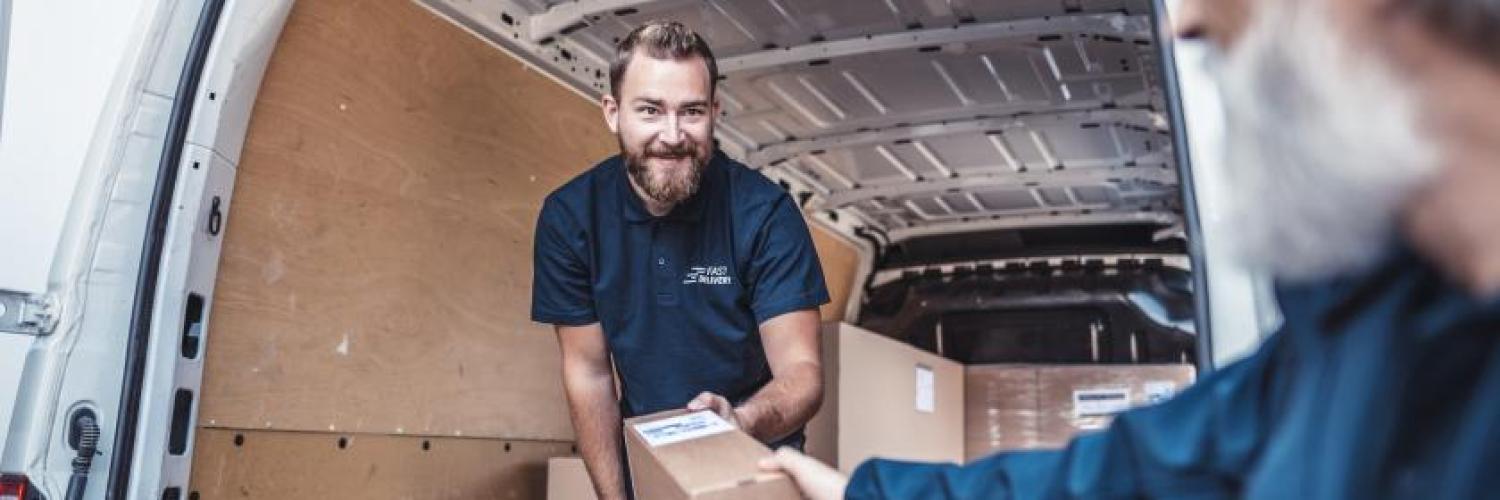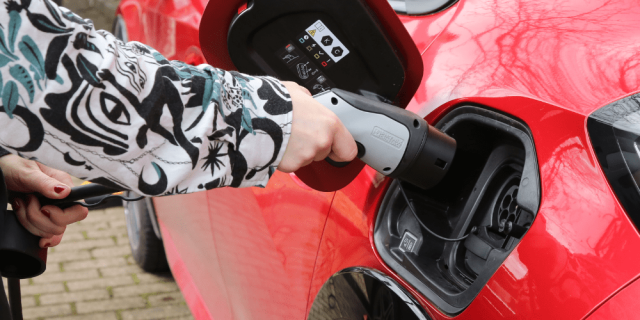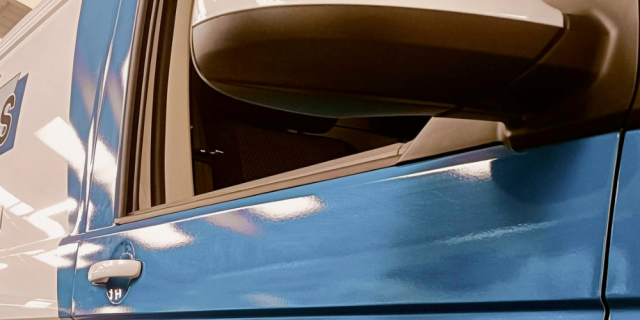Reduced environmental impact is the key factor in UK businesses choosing to adopt electrified vans, which was closely followed by cost advantages, according research from Arval Mobility Observatory.
Fleet decision makers identified a range of motives for alternative fuel adoption, including environmental concerns, alongside cost and corporate social responsibility (CSR) factors.
More than half mentioned eco and cost saving considerations, with the lower environmental impact of electrified vehicles mentioned by the most (55%), tax incentives next (51%), total cost of ownership being in line or lower than petrol or diesel vehicles (50%), reducing fuel expenses (50%), while only 40% listed improving company image, and 38% being able to drive in low emissions zones, amongst other answers.
The research also asked businesses whether they already operated full battery electric vans or were planning to do so within the next three years. In total, 9% said they already had, while 47% already had them or would acquire them.
Shaun Sadlier, Head of Arval Mobility Observatory in the UK, said: “These figures show how electrification in van fleets is still very much in its infancy, but also how quickly operators expect that process to get underway. By 2025, almost half expect to have at least some electric vans.
“The reasons for that speed of adoption are varied but convincing. The environment, CSR objectives and being seen to do the right thing in this sense are clearly major incentives. More and more businesses are working towards a net zero target and bringing light commercial vehicle fleets into line with this aim is essential. Electric vans are often the keystone of these strategies.
“However, it’s very interesting to see how awareness of the cost advantages of operating electric vans are becoming acknowledged among fleet operators. Half of them say both that total cost of ownership is in line or lower than petrol or diesel vehicles and that there are fuel savings to be accessed. For commercial fleets, that are very much driven by cost considerations, these are major incentives in the transition to electric power.
“Finally, there is also clearly a feeling that government at local and national level will aim to limit movements of petrol and diesel vehicles in the future, with low emission zones and future restrictive policies being mentioned by respondents. They believe that operating electric vans will become a prerequisite to maintaining future access to areas where clean air strategies are being pursued, it appears.”
Every year at Arval Mobility Observatory, we conduct what is recognised as one of the most authoritative pieces of research in the fleet and mobility sectors. For the 2022 Barometer, we talked to decision makers in 26 countries. Visit arval.co.uk/amo-insight to register for research reports.
Among the following alternative fuel technologies, which do you currently use for your van fleet (already implemented/considering implementing within the next three years – UK and other European countries)?
|
UK |
Europe |
|
|---|---|---|
| 100% battery electric vehicles |
9% / 47% |
8% / 25% |
Why are you already or considering implementing alternative fuel technologies for your van fleet? Basis: companies having implemented or considering Hybrid, Plug-in Hybrid or Electric LCVs
|
UK |
Europe |
|
|---|---|---|
| Because of their lower environmental impact |
55% |
49% |
| For tax incentives |
51% |
35% |
| Because total cost of ownership is in line or lower than petrol or diesel vehicles |
50% |
35% |
| To reduce fuel expenses |
50% |
44% |
| To improve your company image |
40% |
41% |
| To be able to drive in low emissions zones |
38% |
32% |
| To anticipate future restrictive policies |
36% |
32% |
| To be compliant with your CSR policy |
35% |
35% |
| To fulfil employee requests |
30% |
20% |




